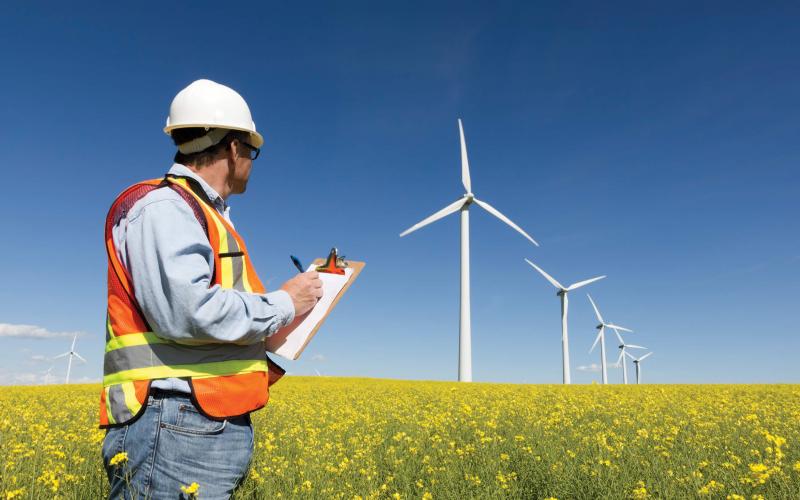
The construction industry has traditionally had a high impact on the environment. We are committed to the ethos of a sustainable world and building a greener future. Throughout our divisions, we perpetually raise the environmental bar and consistently deliver on those goals.
This tradition has been continually developed through our approach to the identification and tackling of environmental aspects and impacts, as set out in our accredited BS EN ISO14001 environmental management system.
This commitment has allowed us to deliver projects under the highest tiers of sustainability assessment schemes, including BREEAM and CEEQUAL through materials profiling and assessment, offering real value enhanced construction packages.
MANAGEMENT OF WASTE
Due to the diverse nature of activities carried out at our sites, a wide variety of wastes are produced and collected, ranging from general and recyclable wastes, through to special and hazardous wastes.
We have a duty to ensure that all of these waste types are disposed of responsibly, using approved and registered waste contractors, with valid waste carrier licences.
We have adopted the principles of the waste hierarchy, thus prioritising elimination, reduce, reuse, recycle and recovery; in preference to the disposal of waste to landfill.
The task of reducing waste starts with careful planning. Before the start of any of our projects, we identify potential waste arisings and assess the waste hierarchy options for each waste stream. This is reflected in the outstanding results recorded across our innovative site waste management plans.
CARBON EMISSIONS
We gauge our carbon emissions across all of our projects bi-annually and we drive a continuous improvement philosophy across all of our teams.
Through the use of local suppliers, prioritising local labour, car-pooling and use of public transport, we lower our carbon footprint systematically. We drive sustainability across all of our sites by engaging personnel through toolbox talks briefings, environmental campaigns and training sessions.
Fleet vehicle selection is heavily weighted towards fuel efficiency credentials. Our operators are trained to drive plant efficiently and good practices are adopted to avoid unnecessary movements or deliveries to site.
PRESERVING ECOLOGY
We recognise that we have a moral and legal duty to preserve ecological systems.
Prior to commencement of works, we identify any wild or protected species on site. We minimise disturbing activities in the areas where susceptible species have been identified through careful planning.
We aim to develop proposals for the mitigation of impacts while promoting enhancements to the surrounding environment and its constituents.
NUISANCE FROM CONSTRUCTION IMPACTS
Our top priority across all of our projects is the implementation of best working practices. Only by planning ahead can we identify and subsequently minimise, all sensitive receptors and any activities likely to cause potential nuisance issues, such as noise, dust or vibration.
By applying best practices and communicating with interested parties such as neighbours, we can have a positive impact on the surrounding environment. Nuisances are promptly identified, recorded and controlled.
WATER MANAGEMENT
We aim to minimise water wastage and prevent pollution to water courses. Our pollution prevention policy is based on the commitment we drive through our workforce, such as:
- quantifying and monitoring water usage and consumption within the Group with the aim of improving performance and reducing waste,
- identifying and assessing key risks for the Group regarding water usage and consumption at all business phases,
- fostering awareness raising among our employees of sustainable water usage and supporting initiatives to encourage water saving.

